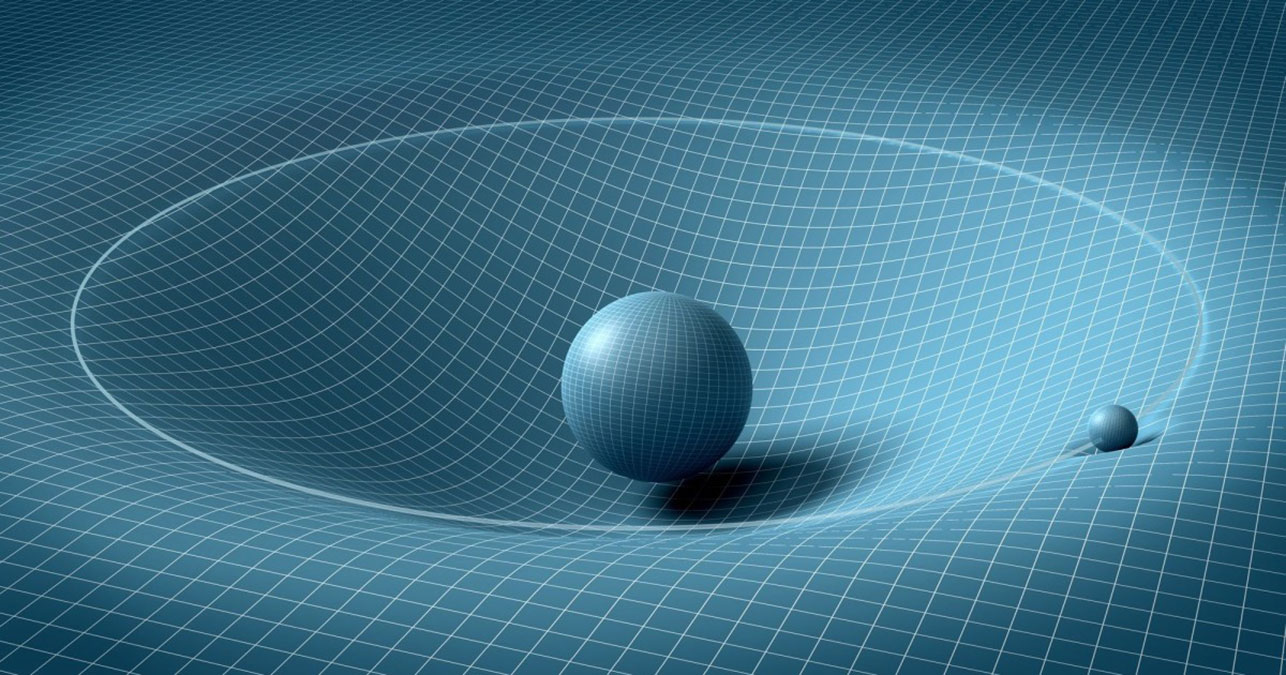Gravity: The Fundamental Force Shaping the Cosmos
Gravity, a fundamental force of nature, plays a critical role in shaping the structure and dynamics of the universe. This post explores the concept of gravity, its effects on celestial bodies, and its significance in astronomy and astrophysics.
Understanding Gravity
- Basic Concept: Gravity is the force that attracts two bodies toward each other, proportional to their masses and inversely proportional to the square of the distance between them.
- Universal Law: Newton’s law of universal gravitation and Einstein’s theory of general relativity provide the foundational understanding of how gravity operates in the universe.
Gravity in the Cosmic Scale
- Formation of Structures: Gravity is responsible for the formation of stars, planets, and galaxies by pulling matter together.
- Orbital Motion: It governs the orbits of planets around stars, moons around planets, and the rotation of galaxies.
Gravity and Black Holes
- Extreme Gravity: Black holes, regions of spacetime with extremely strong gravitational pull, exemplify the powerful effects of gravity, where even light cannot escape.
Impact on Space and Time
- Gravitational Lensing: The bending of light by gravity can cause phenomena like gravitational lensing, where the image of a distant object is distorted by a massive body between it and the observer.
- Gravitational Waves: Ripples in spacetime caused by massive objects, like merging black holes or neutron stars, further illustrate gravity’s influence.
Gravity in Everyday Life
- Terrestrial Effects: On Earth, gravity is the force that gives weight to objects and causes them to fall when dropped, and it’s vital for maintaining our planet’s atmosphere.
